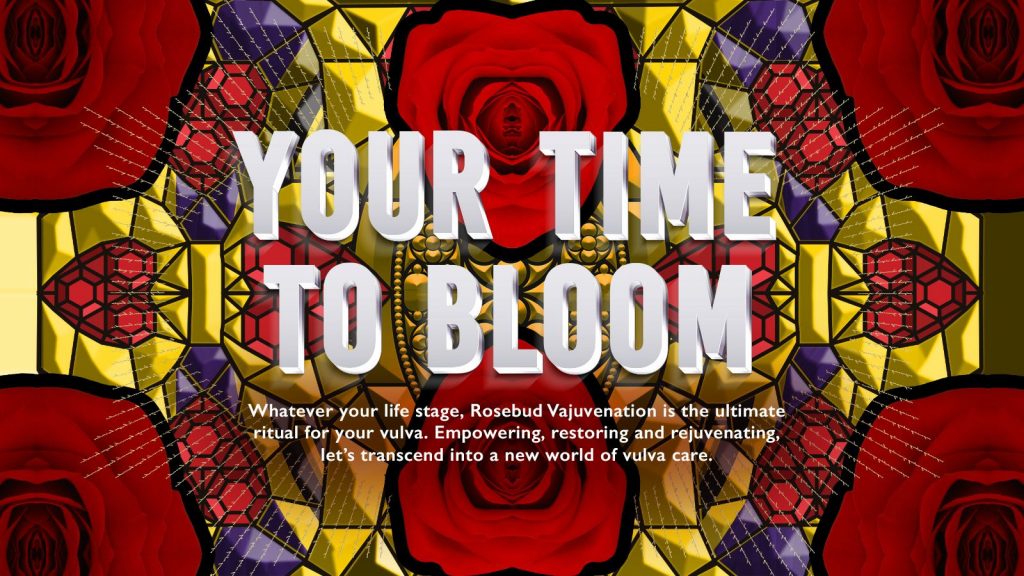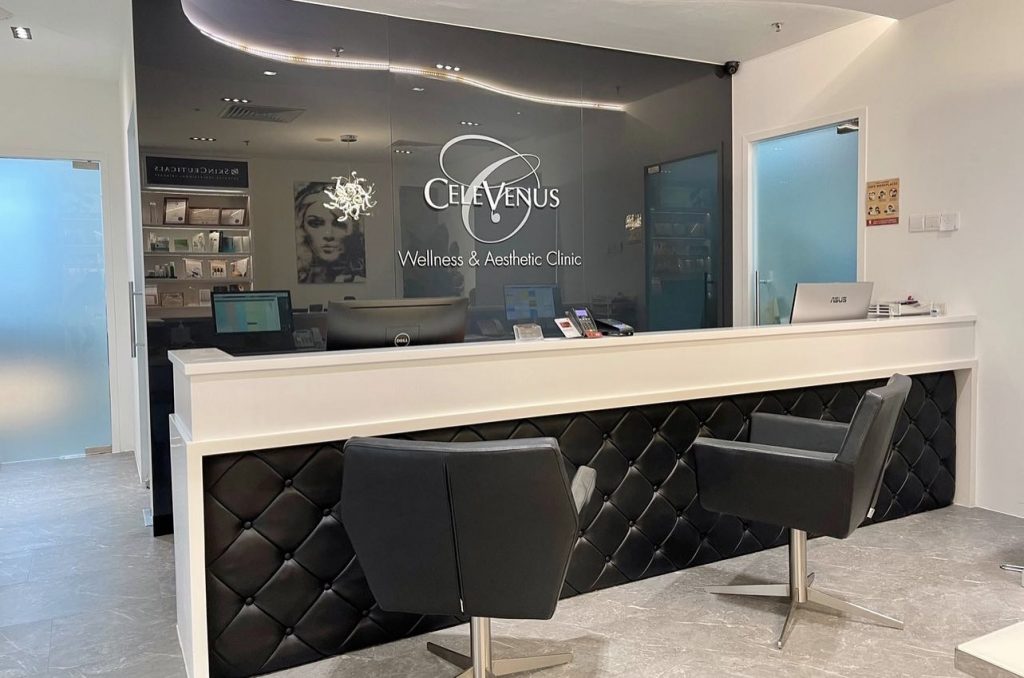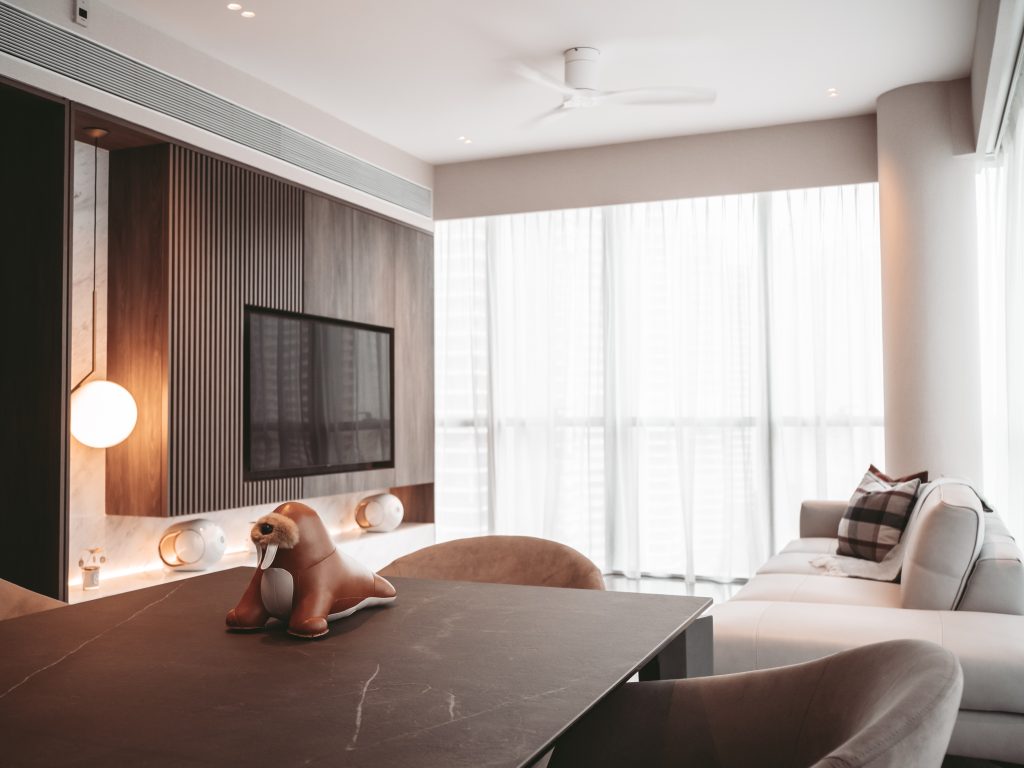Oh My Vulva!
We all know the drill – the minute there’s a bun in the oven, our bodies magically start to morph into something beyond our imagination and lovely hormones start to wreak havoc for the next couple of months. Before we can even fully recover from this drastic change, it’s time to deliver the little bub and a whole host of bodily changes occur once again! From postpartum swelling to a belly pooch that seem to be a permanent resident, our body will be different, and so will our vulva.
After childbirth, your labia minora (flaps of skin which are found on either side of the opening of your vagina) may be traumatised and may appear smaller in size on one side than the other.[1] On the other hand, your labia might also enlarge after childbirth on one or both sides. To say the least, this is clearly uncomfortable and worse yet, may make sex painful and reduce your libido altogether.
Vagina dryness is also a common outcome after childbirth. Your oestrogen level is the culprit as it’s lower after delivery which then thins out the tissue in your vagina. Furthermore, breastfeeding suppresses oestrogen too.[2]
Let’s Talk About Vulva-Care
Let’s face it, the first six-weeks after baby’s arrival is all a blur and caring for yourself during this postpartum period is pretty much non-existent and it’s all about your little one. While that may be the norm, we recommend focusing on self-care during your confinement, in particular, vulva-care is equally as important.
The fact is, your vagina will never be the same as it was before. Even though you are ready to jump back into the sack, it will take some time again to feel the same as you did before having a baby. That’s completely normal. How to alleviate this? Look to the good ‘ole lubricant. A good lube not only cares for your vulva and vagina, but also makes sex less uncomfortable.[3]
If you’re a tampon user, we’re here to tell you that it’s a no-no after childbirth. It’s common to have lochia for several weeks after delivery. It’ll soon taper to light bleeding and spotting and usually ends around six to eight weeks after delivery. Time to bring out the sanitary pads or period panties as tampons can introduce bacteria into your vagina that can cause infection.[4]
A Radiant Vulva You Say?
Now that you’ve got the facts, be encouraged that it’s not all doom and gloom where your vulva is concerned. Since launching in 2002, Singapore’s very own STRIP has focused on hair removal, with its list of services growing to encompass vulva-care. Rosebud Vajuvenation by STRIP is a customised treatment that uses proprietary techniques to keep your vulva skin health achieve its optimum stage.
After childbirth, your oestrogen levels will dip, and even as you age, collagen and elastin within the labia breaks down as your body produces less oestrogen too. Your skin becomes drier, losing volume and density in the labia lips. The adipose tissue of your labia majora will also undergo decline in the in-lipid storage capacity, which can affect the delicate skin on the area as it loses its elasticity, leaving it less plump and hydrated.
Loss in volume and density in the labia majora may also affect its function in protecting the inner, more delicate and sensitive structures of your vulva, such as the labia minora, clitoris, urinary orifice and vaginal orifice, as well as its ability to cushion the vulva from exterior stressors. Your labia minora and clitoris become more vulnerable to friction, which in turn can result in discomfort, irritation, and a host of skin issues.
What’s more, if you’re working out after getting the go-ahead from your doctor post-childbirth, tight clothing can also cause mild stress and irritation to the skin of your vulva. During exercise where sweat and sebum is produced, itching, redness, chafing and odours may occur.
The skin health and appearance of your vulva after childbirth can be improved, depending on how well you take care of it. Want a happy and healthy vulva, then Rosebud Vajuvenation may just be your answer.

Vajuvenate, Rejuvenate
Lift, tighten and improve the overall health of the vulva’s skin – that’s what Rosebud Vajuvenation is all about. Using a unique Thermal O2 technology that combines radio frequency, gentle suction, and heat, paired with STRIP’s proprietary technique, this treatment speeds up and aids your body’s natural collagen production from deep within the dermis layer, restoring radiance to your skin while strengthening the elastin fibres and firming up the skin from within thus achieving a visible reduction in the appearance of fine lines!
Radio frequency waves are delivered deep into the dermis layer of your skin, causing the collagen fibres within to contract, resulting in an immediate skin-tightening effect. This same energy also encourages fibroblast metabolism. Fibroblasts are prompted to work a little over time, allowing consistent collagen production. Elastin production is also stimulated to firm up the skin at the same time.
The vacuum suction and localised heat energy also work to enhance blood and lymphatic circulation, improving cell metabolism, tissue detoxification and boost oxygen levels, giving your intimate area a plumped-up appearance with improved radiance. The heat, at a soothing 40 to 44 degrees Celsius, is applied to the treatment area alongside the gentle suction motion. Reminiscent of a relaxing hot-stone massage, the gentle rolling of the machine in an upwards and downwards circulating motion is comfortable against the skin.
My 30-minute treatment started with the therapist applying a thin layer of cream on my vulva area, followed by the Thermal O2 applicator. A mild heat emitted from this process, but rest assured that it’s neither uncomfortable nor painful. An icy-cool hydrating mask was then used to soothe my skin. Thereafter, the therapist shared that I may experience some redness at first, but this will dissipate after a few hours. Even though I was on a work-call during my treatment, I was so at ease throughout! This is a true testament as to how relaxing the whole process was for me. The next day, I examined myself and was pleased at how “rejuvenated” my nether region looked!
We’re sold. STRIP’s Rosebud Vajuvenation is not only non-invasive, but also safe and comfortable with no downtime. It’s perfect for all mums looking to give their vulva some tender loving care post-delivery. What’s more, you can experience noticeable results from the very first session! Eight sessions later, you’ll see significant improvement to your skin’s laxity around the vulva area, visible reduction in appearance of fine lines as well as evening out of your skin tone for a radiant glow.
Rosebud Vajuvenation is best performed on hair-free skin and can be included as an add-on option post-AFT or Brazilian wax. It is also recommended to be done only after three months post-delivery or six months post-C-section delivery. Breast feeding mums should also seek your doctor’s advice before commencing on the treatment.
STRIP’s Rosebud Vajuvenation treatment is available at all STRIP outlets and is priced at S$250 for a single session and S$1,600 for a package of eight sessions.
[1] Adapted from https://www.londonwomenscentre.co.uk/conditions/childbirth-injury
[2] Adapted from https://www.whattoexpect.com/first-year/vagina-after-birth/
[3] Adapted from https://www.thebump.com/a/the-truth-about-postpartum-recovery-from-vaginal-delivery
[4] Adapted from https://www.babycentre.co.uk/x553495/when-can-i-start-using-tampons-again-after-my-babys-birth















